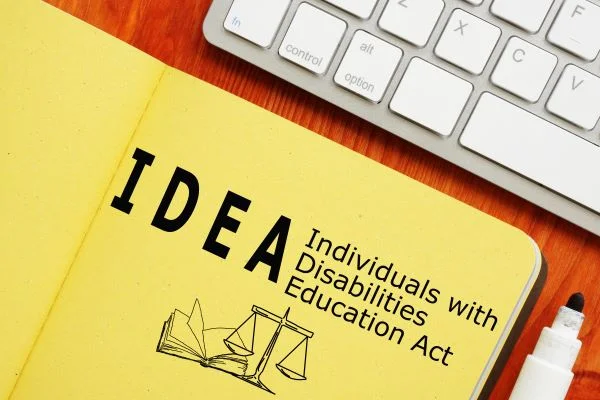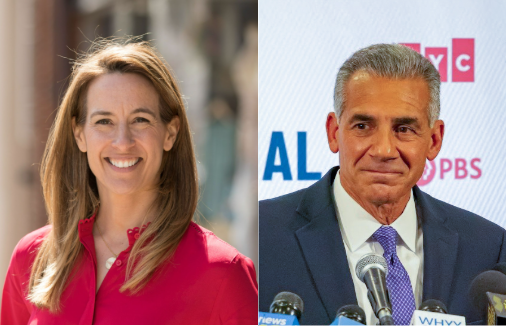As a part of the Consolidated Appropriations Act of 2023, Congress passed legislation to provide students relying on subsidized school lunches with $40 monthly over the summer. This $2.5 billion program, Summer EBT, was supported by every Democratic governor and even received bipartisan approval in Congress. But among the Republican governors, only 14 out of 27 have sided with the program. The rest announced that they would refuse the federal money for summer meals.
According to a report by the Food Research and Action Center, Summer EBTs have been experimented with since 2011 to help low-income families have some relief in purchasing meals over the summer. At the end of a school year, these families will be given grocery cards that hold $120, the total cost of meals students would have received if school was active. As the program gained popularity over the years, Congress increased funding for Summer EBT and made it possible for more states to participate.
After the program became established nationally in 2022, however, a clear divide between the blue and red states emerged. Out of the states refusing to accept Summer EBT aid, all are Republican. The refusal of the 13 red states to sign on is preventing nearly 10 million children from receiving financial support during the summer, a third of the population eligible for the plan. According to The New York Times, “Of the 10 states with the highest levels of children’s food insecurity, five rejected Summer EBT: Louisiana, Oklahoma, Mississippi, Alabama and Texas.” The situation is similar to the previous controversy surrounding Medicare, a health insurance program that most poor Republican states denied.
In Iowa, a state against Summer EBT, Governor Reynolds has criticized that the program lacks control over where the families spend the money. In The New York Times, she said, “An EBT card does nothing to promote nutrition at a time when childhood obesity has become an epidemic.” However, a summary report on Summer EBTs refuted this claim and found that EBT cards actually “increased consumption of fruits and vegetables.”
Supporters of the program have also pointed out that the Republicans’ refusals may be a result of political tensions between the two rival parties. The Biden Administration largely bolstered the plan and worked to protect it from facing a partisan loss in Congress. As a result, political sentiment may have unintentionally stirred up the debate to make it more controversial than needed.
Some states explained that although they did not join this year due to missed deadlines, they plan to do so in 2025. In other states, governors reversed their initial choices to opt out of Summer EBT: in Nebraska, Republican governor Jim Pillen was adamant in his decision to disallow the Summer EBT. “I don’t believe in welfare,” he said, according to The New York Times. However, students from low-income families expressed their concerns and shared experiences of eating less once the school year ended, prompting him to change his decision. This overturn shocked many in the country and inspired hope for low-income families in non-participating states.
As of now, the Summer EBT program continues to be a source of controversy between the blue and red states. Although not all states have chosen to participate in the program for this year, the Summer EBT will allow millions of children in America to spend the summer without worrying about food.














